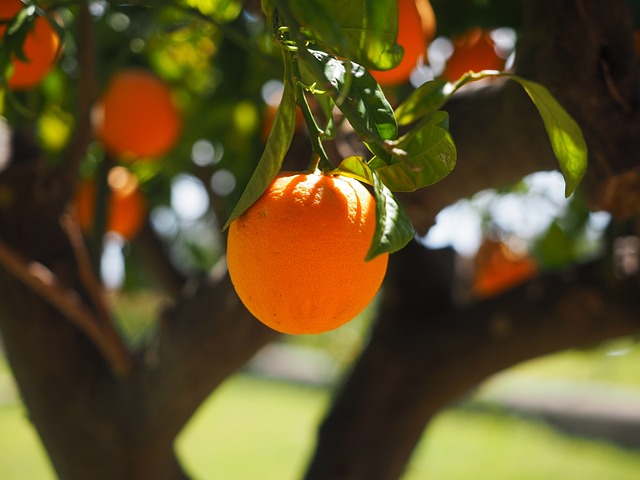Did you know that your immune system is your body’s first line of defense against diseases and infections? It works tirelessly to keep you healthy and protect you from harmful bacteria, viruses, and other pathogens. But sometimes, our immune system needs a little boost to function at its best. That’s where probiotics come in.
Probiotics are live bacteria and yeasts that are good for your health, especially your digestive system. Found in certain foods and supplements, these beneficial microorganisms can confer a multitude of health benefits, including boosting your immune system.
The Gut-Immune System Connection
Believe it or not, your gut and your immune system are closely connected. In fact, about 70% of your immune system resides in your gut. The gut is home to trillions of bacteria, some of which are harmful, but many of which are beneficial.
These beneficial bacteria, also known as gut microbiota, play a crucial role in supporting your immune system. They communicate with immune cells in the gut and help regulate the immune response. When the balance of good and bad bacteria in your gut is disrupted, it can negatively affect your immune system and lead to various health problems.
The Immune-Boosting Potential of Probiotics
Probiotics have been shown to have immune-boosting properties. They help restore the balance of good bacteria in your gut, which in turn supports your immune system. Here are some of the ways probiotics can boost your immunity:
1. Enhancing the Production of Antibodies
Probiotics can stimulate the production of antibodies, which are proteins that help fight off harmful pathogens. Antibodies recognize and neutralize viruses, bacteria, and other foreign invaders, preventing them from causing illness.
2. Activating Immune Cells
Probiotics have the ability to activate certain immune cells, such as natural killer cells, which play a crucial role in killing infected or cancerous cells. By activating these immune cells, probiotics help strengthen your immune response.
3. Strengthening the Gut Barrier
Your gut barrier acts as a protective barrier, preventing harmful substances from entering your bloodstream. Probiotics help strengthen this barrier by promoting the production of mucus and tight junction proteins, which seal the gaps between intestinal cells. A strong gut barrier ensures that harmful pathogens and toxins are kept out, reducing the burden on your immune system.
4. Modulating Inflammation
Inflammation is a natural immune response that helps your body fight infections and heal injuries. However, chronic inflammation can be harmful and contribute to various diseases. Probiotics have been shown to help modulate inflammation by reducing the production of pro-inflammatory molecules and promoting the production of anti-inflammatory molecules.
Choosing the Right Probiotic
When it comes to choosing a probiotic supplement to boost your immune system, it’s essential to select the right one. Here are a few factors to consider:
1. Strain Diversity
Look for a probiotic supplement that contains a variety of strains. Different strains of bacteria have different benefits, so a diverse probiotic blend is more likely to provide comprehensive immune support.
2. Colony Forming Units (CFUs)
The CFU count indicates the number of viable bacteria present in a probiotic supplement. Higher CFU counts generally indicate a more potent and effective product. Aim for a minimum of 10 billion CFUs per serving.
3. Survivability
Probiotics need to survive stomach acid and reach your gut alive to exert their beneficial effects. Look for strains that are acid-resistant or are encapsulated to ensure their survivability.
Food Sources of Probiotics
In addition to supplements, you can also incorporate probiotics into your diet through certain foods. Here are some excellent probiotic-rich options:
- Yogurt: Look for yogurt with live cultures, such as Lactobacillus and Bifidobacterium.
- Kefir: A fermented milk drink that contains multiple strains of probiotics.
- Sauerkraut: Fermented cabbage that offers a natural source of probiotics.
- Kombucha: A fizzy, fermented tea that contains a variety of probiotics.
- Kimchi: A traditional Korean side dish made of fermented vegetables.
Conclusion
Probiotics have the power to boost your immune system by restoring the balance of beneficial bacteria in







